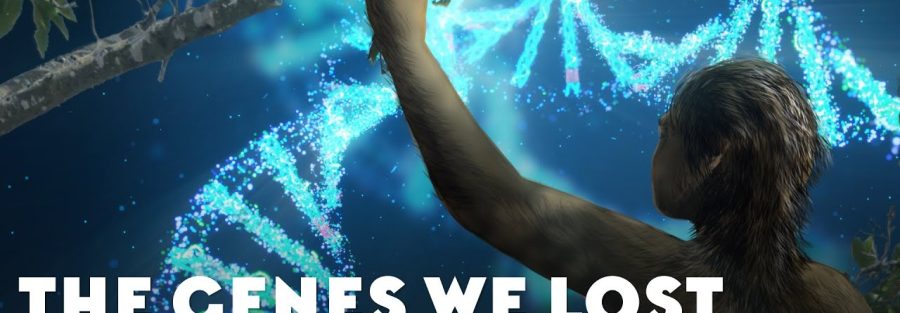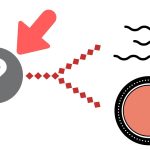The Role of Genes in Evolution
Throughout the course of human evolution, our species has undergone numerous genetic changes that have shaped who we are today. Understanding these lost genes can provide us with insights into how humans have adapted to different environments and challenges over time.
Genes play a crucial role in evolution by encoding the instructions for our physical and behavioral traits. Natural selection acts on these genes, favoring those that provide a survival advantage.
Why Do We Lose Genes?
Several factors contribute to gene loss in humans:
- Environmental Changes: As humans migrated and settled in diverse environments, certain genes that were advantageous in one environment may have become unnecessary in another.
- Dietary Shifts: Changes in diet can also lead to gene loss. For instance, as early humans transitioned from a raw diet to cooking food, certain digestive enzymes became less critical, leading to the reduction or loss of related genes.
- Disease Resistance: In some cases, gene loss can be an adaptive response to disease pressures. The loss of specific receptors or proteins may protect against pathogens that rely on those molecules to infect the host.
Examples of Lost Genes
- L-gulonolactone oxidase (GULO): Humans lost the gene for GULO, an enzyme necessary for synthesizing vitamin C.
- MYH16: This gene, which encodes a protein found in jaw muscles, has been lost in humans.
- CCR5-Δ32: While not a complete gene loss, a deletion in the CCR5 gene provides some resistance to HIV infection.
Implications for Modern Humans
Understanding the genes we have lost along the way helps us appreciate the complex interplay between our genetic makeup and the environments we have adapted to. These insights can shed light on modern human health issues, such as susceptibility to certain diseases or the impact of dietary changes on our biology.
Conclusion
The study of lost genes reveals a fascinating aspect of human evolution, illustrating how our species has adapted and evolved over millennia. By exploring these genetic changes, we can better understand our past and how it continues to shape our present and future.
Click Here….. for More Information



